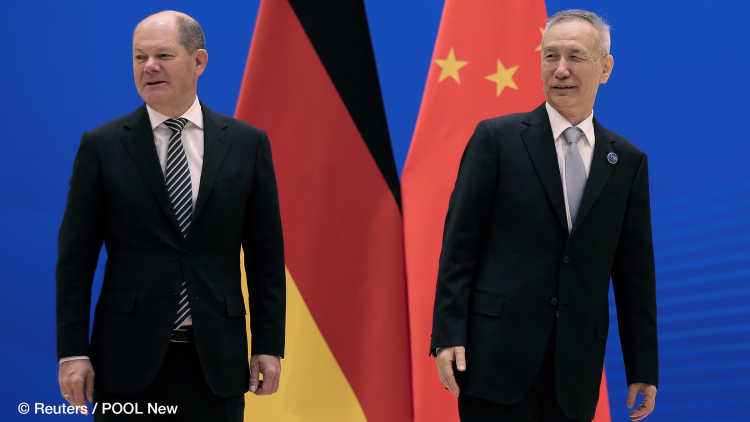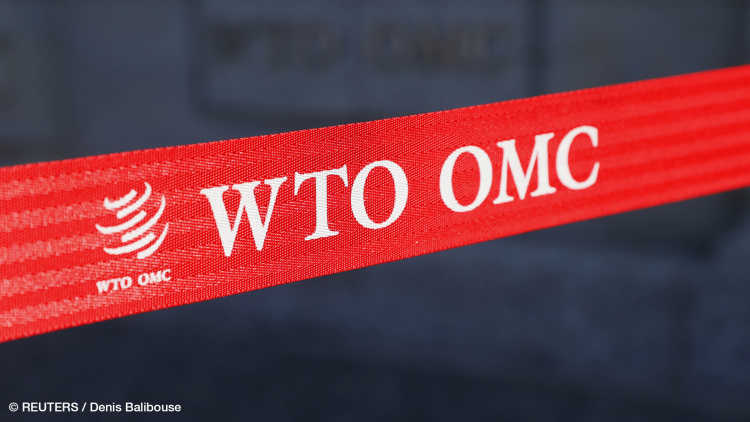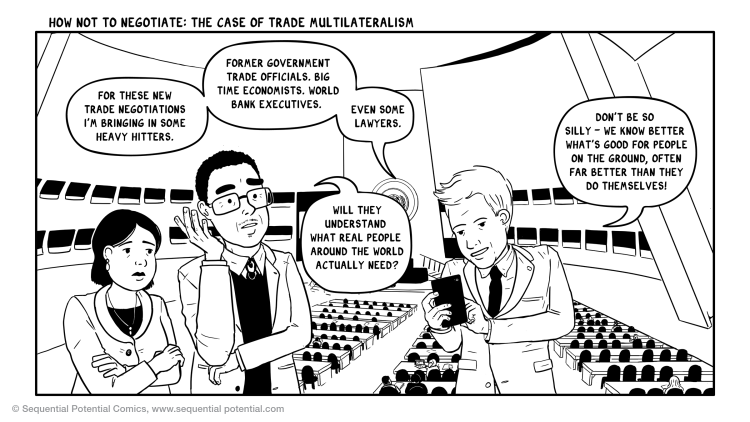- Home
- Publications
- Contributions
- Trade Governance: the Politics of Prosperity, Development and Weaponization
Amrita Narlikar
Trade Governance: the Politics of Prosperity, Development and Weaponization
Chapter in Edited Volume | 2022
Regional Institutes
Research Programmes
Published in
Handbook on Global Governance and Regionalism
Editor(s)
Jürgen Rüland
Astrid Carrapatoso
Publisher
Edward Elgar Publishing
Pages
335-350
ISBN
978 1 80037 755 4
978 1 80037 756 1
Location
Cheltenham, Northampton











